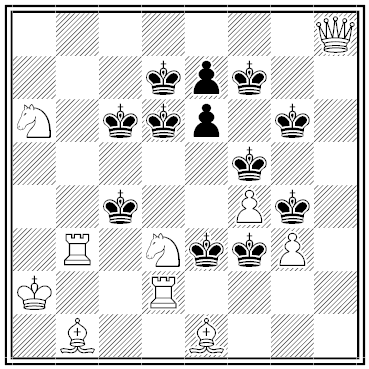
In 1943, after a mission in Italy, the American bomber Lady Be Good failed to return to its Libyan base. Apparently lost, the crew had called in for a bearing, but they never arrived. Eventually they were presumed to have crashed in the Mediterranean.
Almost 16 years later, in 1958, a team of British geologists found the plane’s wreckage hundreds of miles away in the Sahara, broken in two but mysteriously well preserved. That created a second mystery: Where were the crew?
Seven bodies were eventually found, far to the north. Low on fuel and thinking themselves over the sea, they had bailed out, landed in the desert, and watched as the unmanned bomber flew out of sight carrying supplies, water, and a working radio. Amazingly, they had stayed alive for eight days in the desert; one walked 109 miles before succumbing.
The plane’s mischief continued even after its destruction. When salvaged parts from the Lady Be Good were installed in other aircraft, they seemed to convey an odd curse. Some transmitters went into a C-54; it encountered propeller trouble and the crew saved themselves only by throwing cargo overboard. A radio receiver went into a C-47; it ditched in the Mediterranean. And an armrest went into a U.S. Army “Otter” airplane; it crashed into the Gulf of Sidra. The crew were never found, but the armrest washed quietly ashore.





